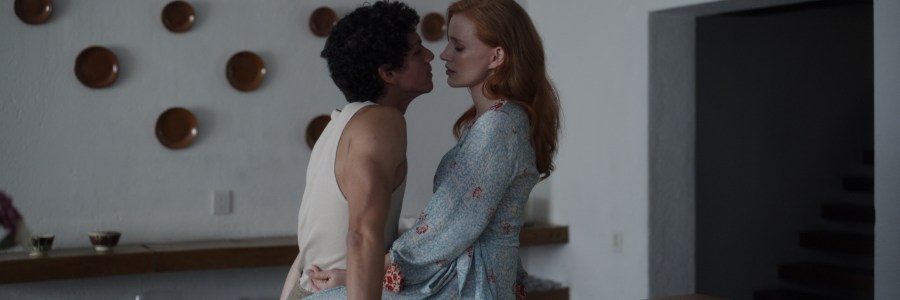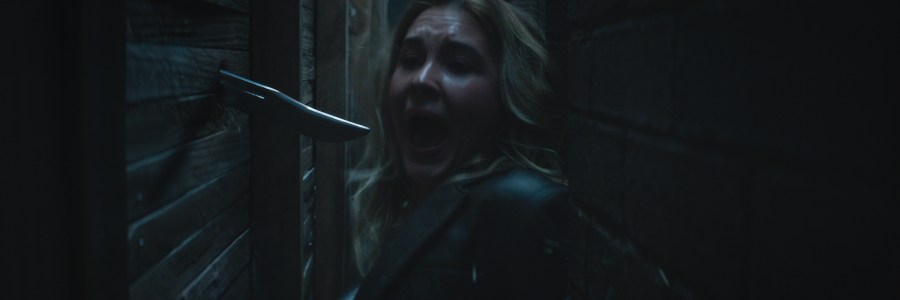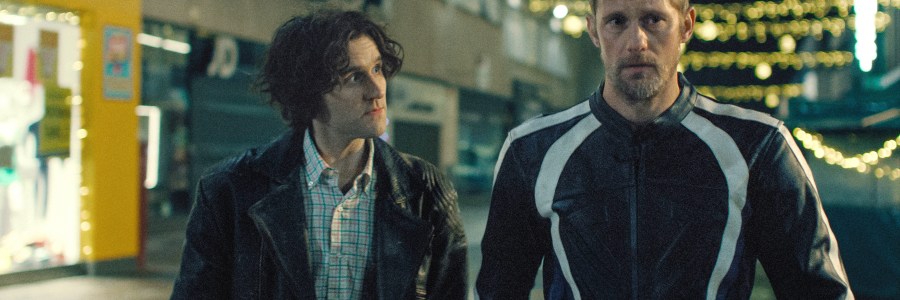Movie Review: Protector
By John Corrado Milla Jovovich, the star of the Resident Evil franchise, is now being given her own Liam Neeson in Taken or Sylvester Stallone in Rambo moment in Protector. That latter comparison makes some sense since this film comes to us from director Adrian Grünberg, who previously made the 2019 legacy sequel Rambo: Last… Read More Movie Review: Protector



















